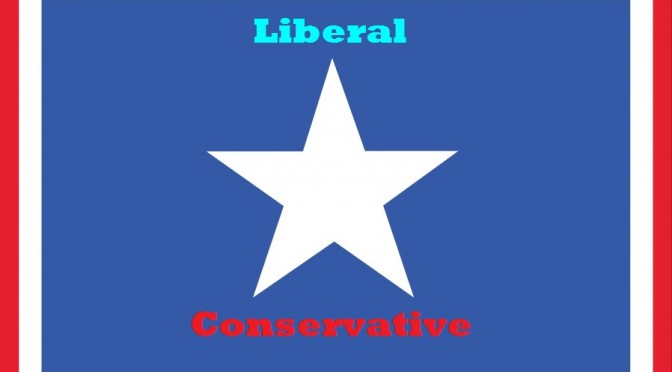
This was a real occurrence from the week, but it seemed worthy of being published. Basically this person and I got into a rather heated discussion on Twitter, and he demanded that I answer this group of questions. It's quite apparent that he is something of a hard-line Conservative, but even still I gave the …
Continue Reading ›› 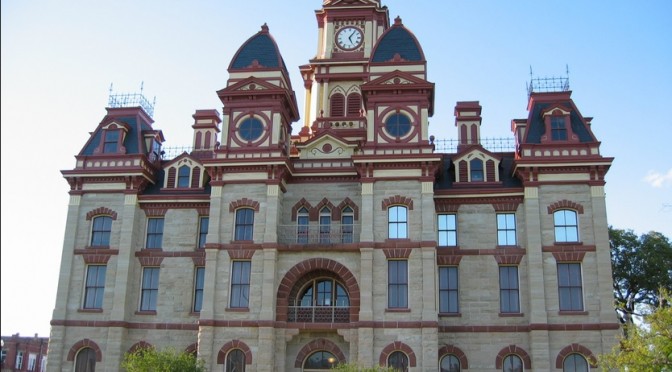
The Texas Progressive Alliance believes that it's not whether you stumble that matters but whether you get up and keep going as it brings you this week's roundup.
As the Fifth Circuit gets set to hear arguments over Texas' ban on same sex marriage,
Off the Kuff reminds us that
public opinion is much … Continue Reading ›› 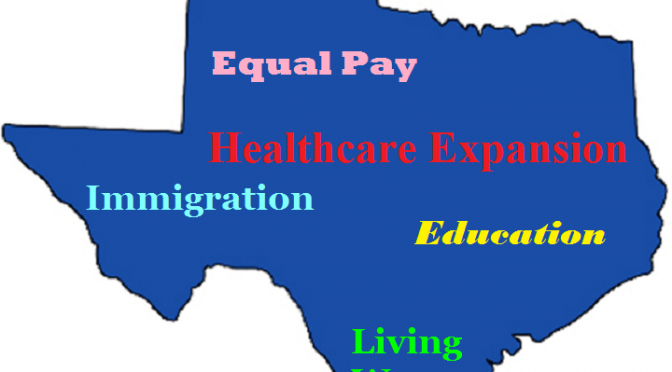
From a musician's standpoint, it is very easy to see the parallels between musical theater and political theater.
Both take months of meticulous planning and rehearsal. While everyone in a production certainly has individual responsibilities... learning their music to note-perfect accuracy, and rehearsing lines until they are off-book... the real work comes when you start putting everything together. …
Continue Reading ›› 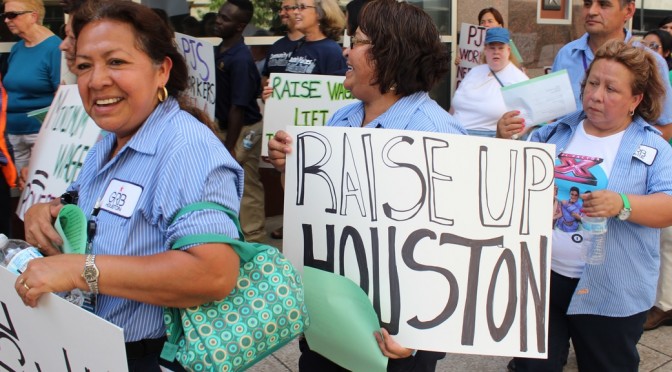
If you listen to conversations across the US, there seems to be one city at the forefront of the news lately... everyone is talking about Houston. With massive construction projects sprouting up in every direction and a flood of "Newstonians"-- yes we had to come up with a term for them-- moving to the area …
Continue Reading ›› 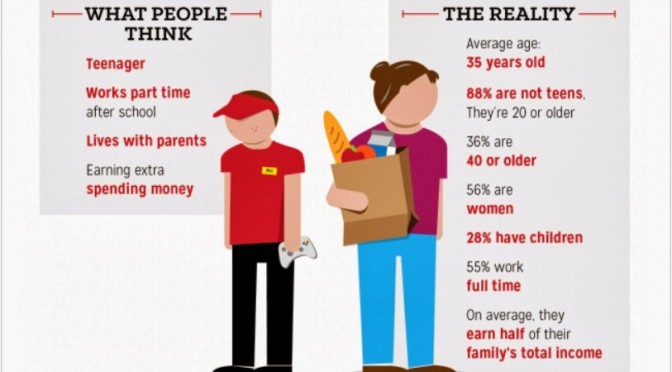
Like most teenagers, I was not only excited to have my first full-time job, but proud to know that I had reached a significant milestone in my life. I didn't have to rely on my parents for every want and need anymore. By having a job, and making my own money, I was able to …
Continue Reading ››
A Voice for the Rest of Texas




